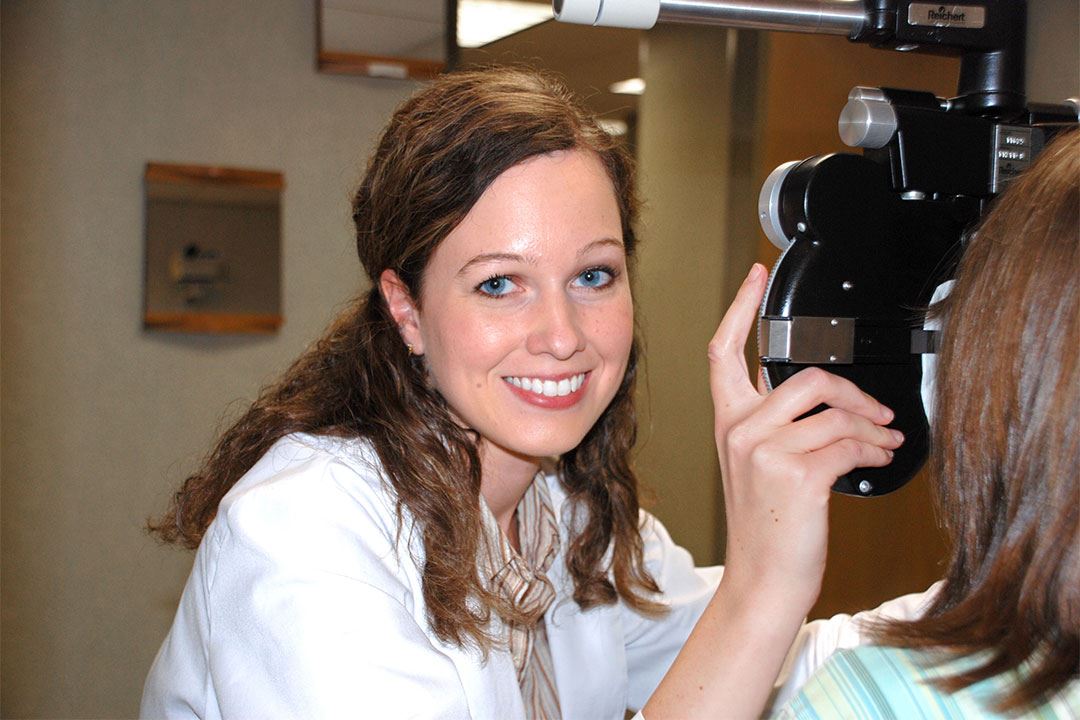The Importance of Annual Eye Exams: A Window to Your Overall Health
They say that the eyes are the windows to the soul, but did you know they are also windows to your overall health? Annual eye exams are not just about checking your vision; they play an important role in monitoring your eye health and detecting potential signs of underlying health issues. Both children and adults benefit from annual eye evaluations. Not only do these exams safeguard our eyesight, but they can also provide insight into a person's overall health.
Children's eye health is critical for their overall development and academic success. Annual eye exams are crucial during their formative years as many vision problems often go unnoticed without proper testing. According to the American Optometric Association, about 80% of a child's learning occurs through their eyes. Undetected vision issues can hinder their ability to learn and comprehend information, leading to potential learning disabilities and challenges.
As we grow older, the risk of eye diseases and age-related vision problems increases. Adults should prioritize annual eye exams to preserve their vision and overall health. Certain eye conditions, like glaucoma and macular degeneration, develop gradually and without noticeable symptoms until significant damage may have occurred. Regular eye exams can detect these conditions earlier, preventing irreversible vision loss.
An eye exam is not solely about vision; it can also provide valuable clues about a person's health. Our eyes are not isolated organs but are interconnected with the rest of our body systems. During an eye exam, eye doctors can detect signs of various systemic health conditions, including:
- Diabetes: Diabetes can cause damage to the blood vessels in the retina, leading to diabetic retinopathy. Early detection and management are essential to prevent vision loss.
- High Blood Pressure: Changes in blood vessels at the back of the eye can indicate hypertension, prompting further evaluation and control of blood pressure.
- High Cholesterol: Deposits in the eye's blood vessels, visible during an eye exam, may indicate high cholesterol levels, which can increase the risk of heart disease.
- Autoimmune Diseases: Certain autoimmune diseases, like rheumatoid arthritis and lupus, can show up in the eyes with symptoms like dryness, redness, or inflammation. An eye exam can help in early detection, leading to earlier treatment and better management of these conditions through referrals for specialized care.
Don't overlook the power of your eyes as a window to your health. Regular eye exams are not only essential for maintaining our best vision, but also provide insight into a person's wellbeing. By catching problems early, you can take proactive measures to safeguard your vision and overall health. Schedule regular eye exams with a qualified optometrist or ophthalmologist. Remember, a proactive approach to eye health today can lead to a healthier tomorrow for both your eyes and your body.
